Category: Brain
-

AI detects suicidal thoughts from brain scans in small study
David Brent and PIttsburgh and Carnegie Mellon colleagues used machine learning to identify suicidal thoughts in subjects based on fMRI scans. In a recent study, 18 suicidal participants and 18 members of a control group were presented with three lists of 10 words related to suicide, positive, or negative effects. Previously mapped neural signatures showing…
-
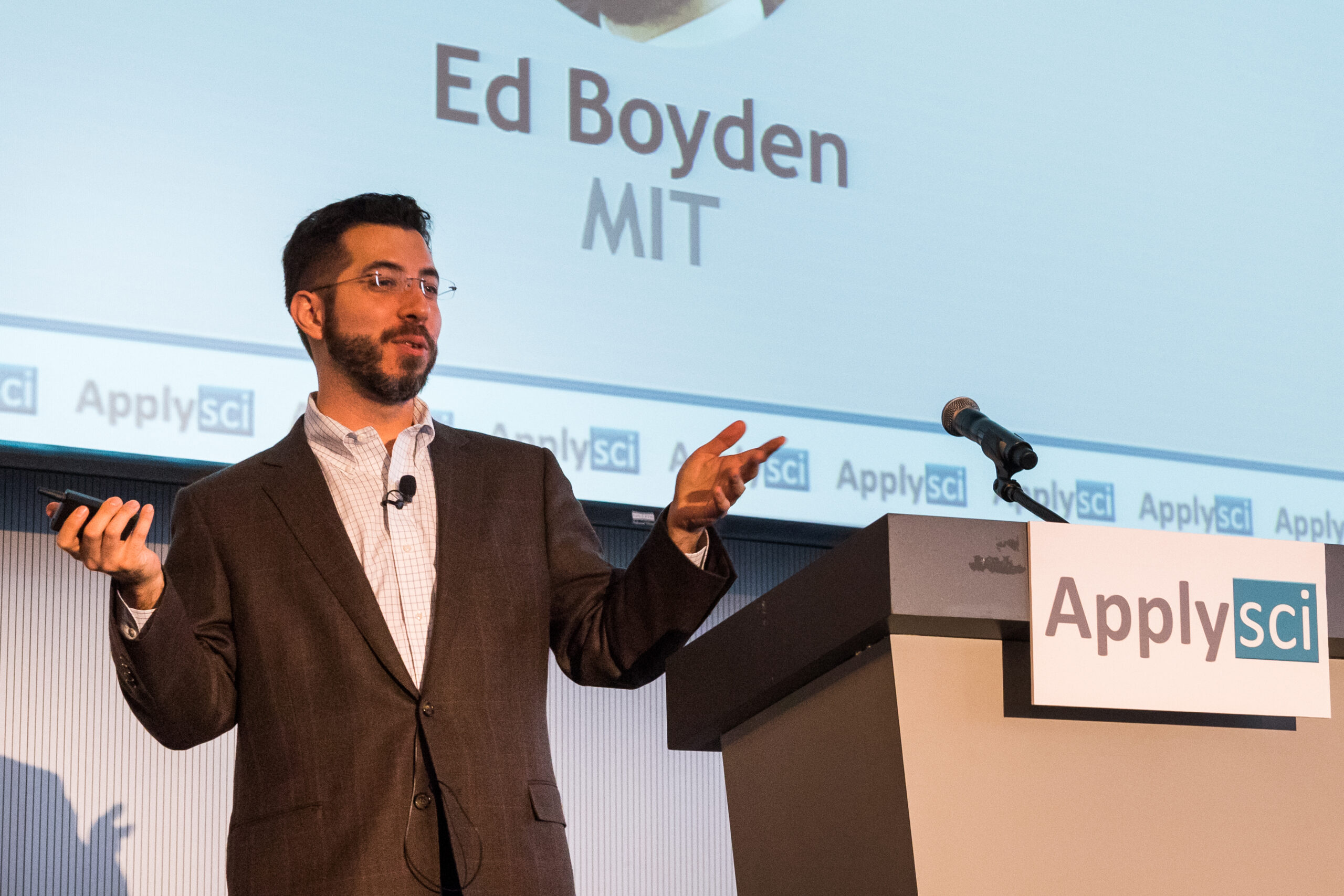
Video: Ed Boyden on technologies for analyzing & repairing the brain
Recorded at ApplySci’s Wearable Tech + Digital Health + Neurotech conference on September 19th at the MIT Media Lab. Join ApplySci at Wearable Tech + Digital Health + Neurotech Silicon Valley on February 26-27, 2018 at Stanford University. Speakers include: Vinod Khosla – Justin Sanchez – Brian Otis – Bryan Johnson – Zhenan Bao –…
-
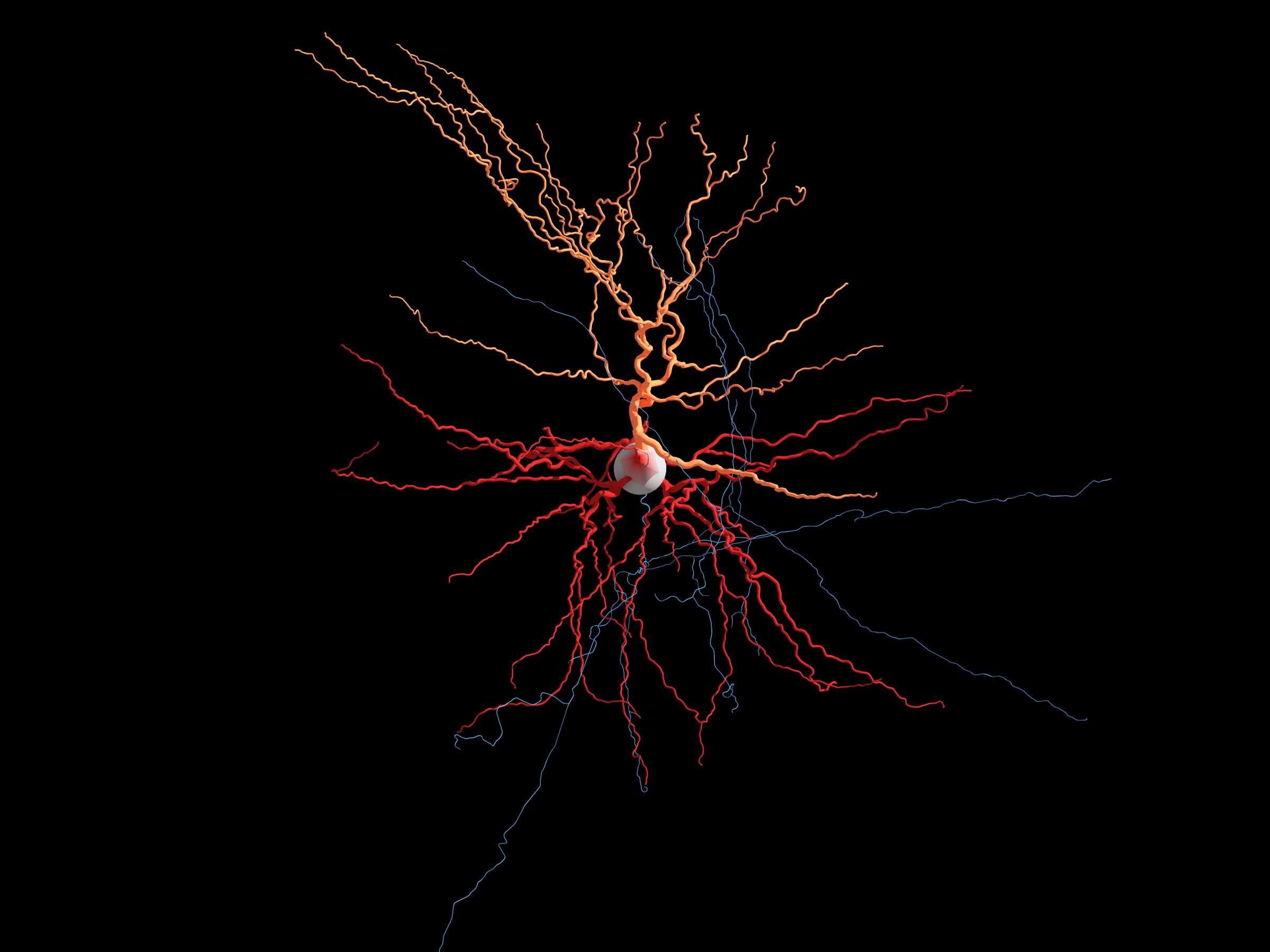
3D neuron reconstruction reveals electrical behavior
Christof Koch and Allen Institute colleagues have created 3D computer reconstructions of living human brain cells using discarded surgical tissue. As the tissue is still alive when it reaches the lab, the virtual cells are able to capture electrical signals, in addition to cell shape and anatomy. This is the first time that scientists have been able…
-
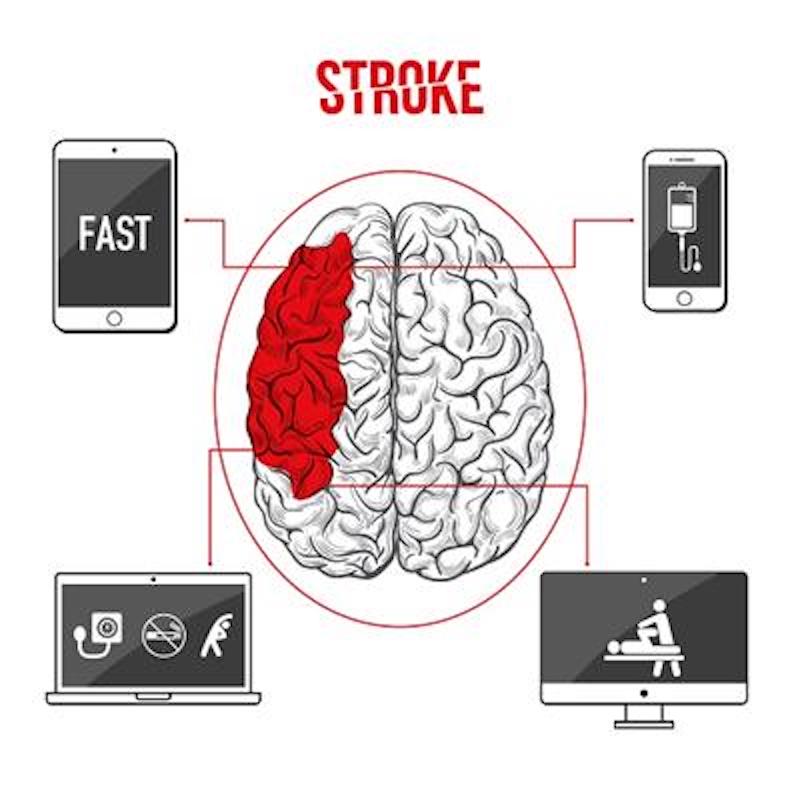
Teleneurology for remote, underserved populations
Neurodegenerative disease cases have, unfortunately, far outpaced the number of neurologists able to diagnose and treat patients, particularly in rural areas. A recent study highlighted 20 states that were or would become “dementia neurology deserts,” Remote tele-neurology is being introduced to fill the gap. The American Academy of Neurology has announced a new curriculum to train students and…
-
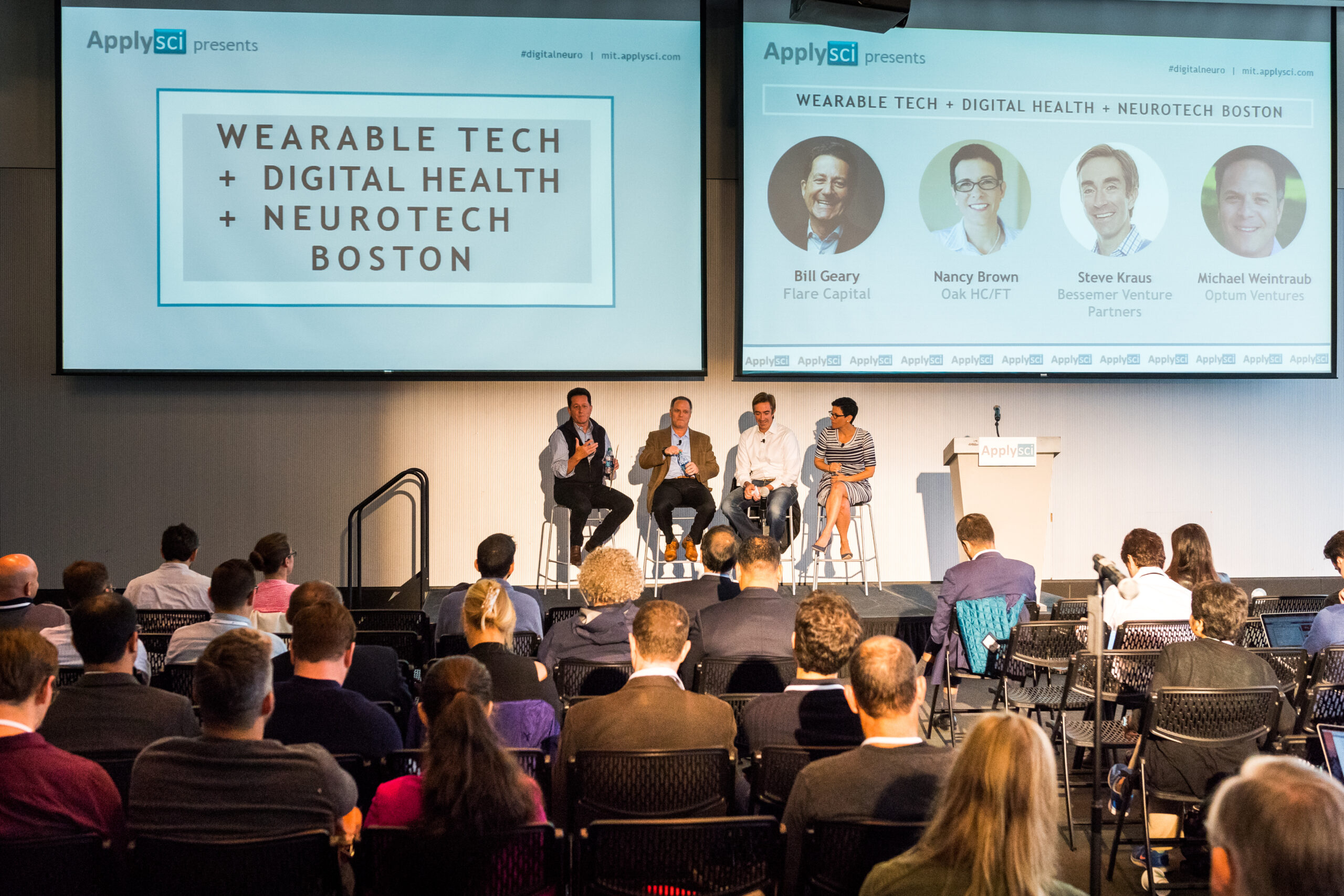
Video: Boston VC’s on funding digital health innovation
Video: Flare Capital’s Bill Geary, Bessemer’s Steve Kraus, Oak HC/FT’s Nancy Brown, and Optum Ventures’ Michael Weintraub on funding and commercializing innovation. Recorded at ApplySci’s Digital Health + Neurotech conference at the MIT Media Lab, September 19, 2017 Join ApplySci at Wearable Tech + Digital Health + Neurotech Silicon Valley on February 26-27, 2018 at…
-
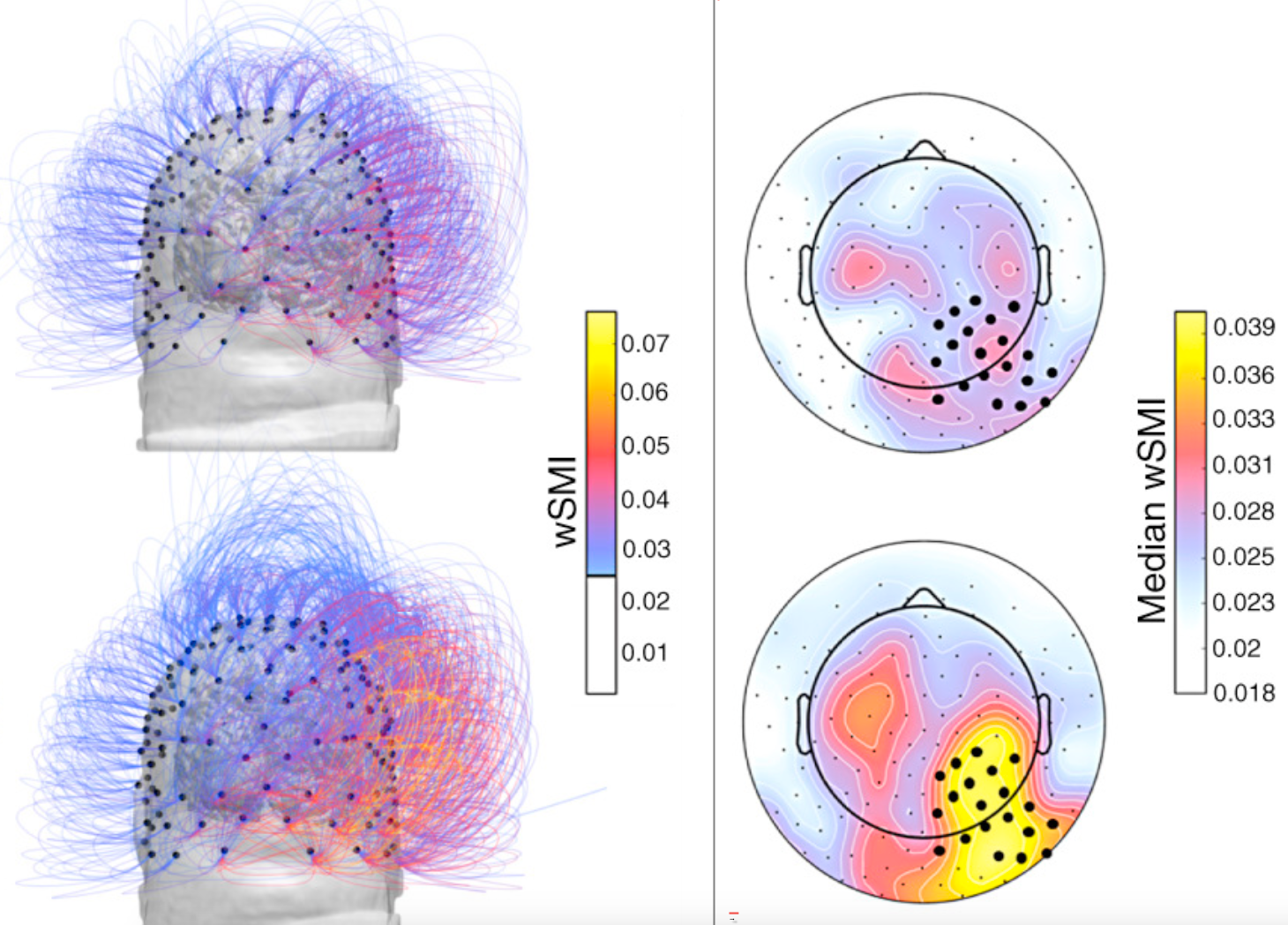
Implanted vagus nerve stimulator partially reverses vegetative state
A person described as being in a vegetative state for 15 years showed partial signs of consciousness after a vagus nerve stimulator was implanted. University de Lyon’s Angele Sirigu led the research. This challenges the belief that those unconscious for more than 12 months could not be revived. It also poses a potential challenge…
-
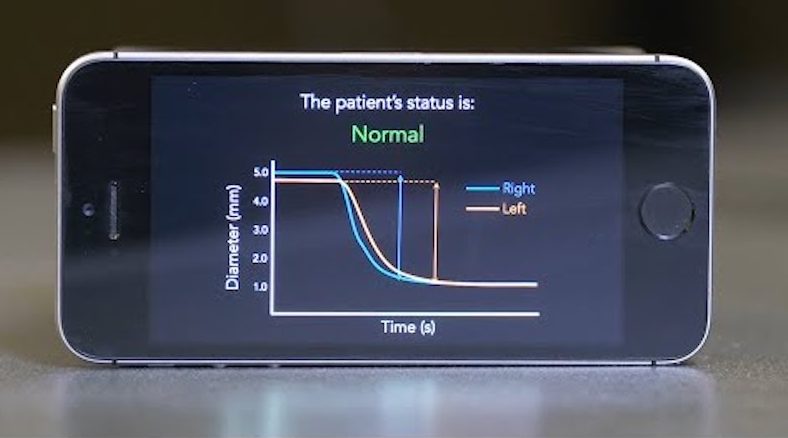
Phone camera + machine learning detect concussion
Shwetak Patel and UW colleagues have developed PupilScreen, an app that uses a phone’s camera to detect concussion from the pupil. The phone’s video camera and flash check the eye for its pupillary light reflex, measures size changes associated with concussion. Machine learning algorithms confirm the diagnosis. Hospitals typically use a pen light to check…
-
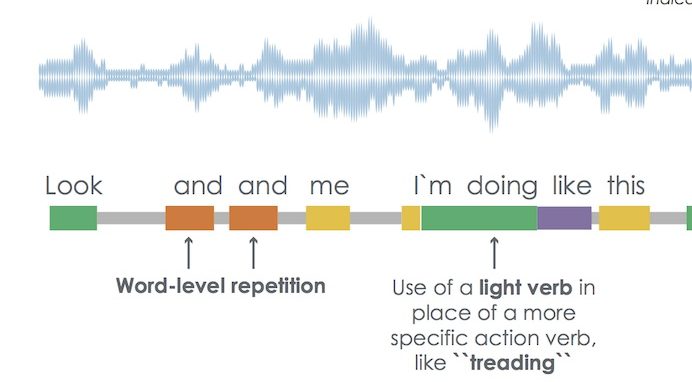
Detecting dementia with automated speech analysis
WinterLight Labs is developing speech analyzing algorithms to detect and monitor dementia and aphasia. A one minute speech sample is used to determine the lexical diversity, syntactic complexity, semantic content, and articulation associated with these conditions. Clinicians currently conduct similar tests by interviewing patients and writing their impressions on paper. The company believes that their…
-
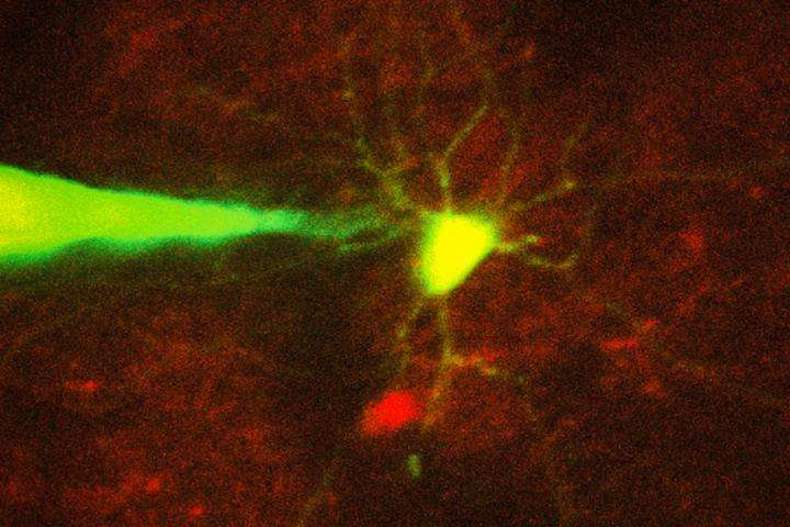
Robotic, in-vivo neuron recording
Ed Boyden and MIT colleagues have developed a robotic system capable of monitoring specific neurons. An algorithm based on multiple image processing methods analyzes microscope images and guides a robotic arm to within 25 microns of a target cell. The system then relies on both imagery and impedance, which more accurately detects contact between the…
-
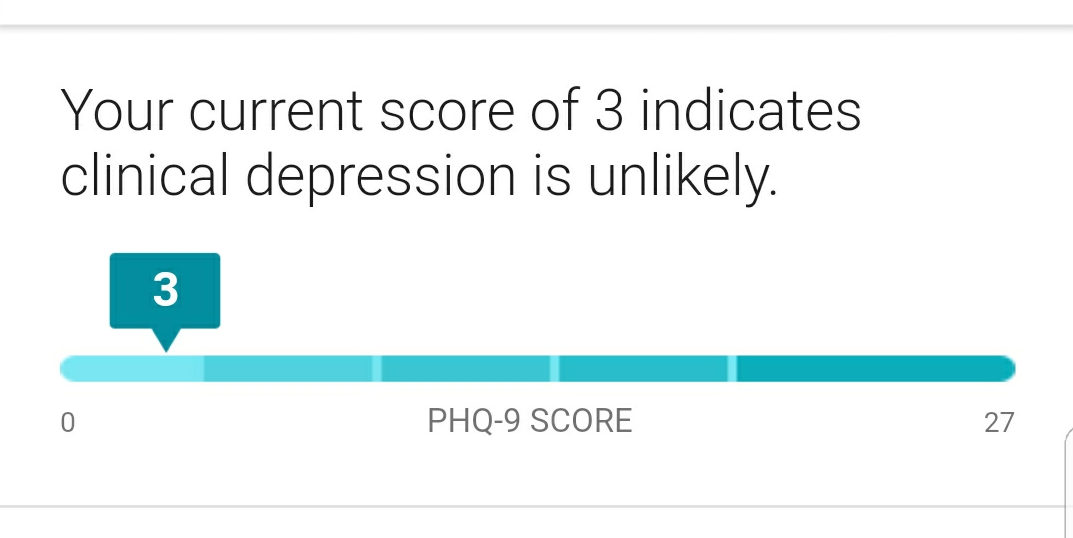
Google incorporates depression screening in search
Google has introduced a new depression screening feature. When the word “depression” is used in search, mobile users are offered a PHQ-9 questionnaire, which recognizes symptoms. A “Knowledge Panel” containing information and potential treatments appears on top of the page. The goal is self awareness, and encouragement to seek help when needed. Another company dedicated to…
-
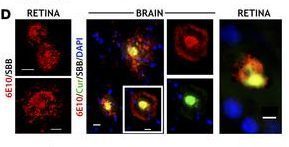
Retina scan + curcumin for early Alzheimer’s detection
In a recent study, Maya Koronyo-Hamaoui and Keith Black at Cedars-Sinai used a retina scan to detect amyloid-beta deposits, a predictor of Alzheimer’s disease, up to 20 years before symptoms. 16 Alzheimer’s patients drank a curcumin solution, which caused amyloid plaque in the retina to “light up” and be detected. Another key finding was the discovery…
-

Machine learning for early Alzheimer’s diagnosis
Anant Madabhushi and Case Western colleagues have used machine learning to diagnose Alzheimer’s disease via imaging data in a small study. The goal is early intervention, which could potentially extend independence. 149 patients were analyzed using a Cascaded Multi-view Canonical Correlation (CaMCCo) algorithm, which integrates MRI scans, features of the hippocampus, glucose metabolism rates in the…